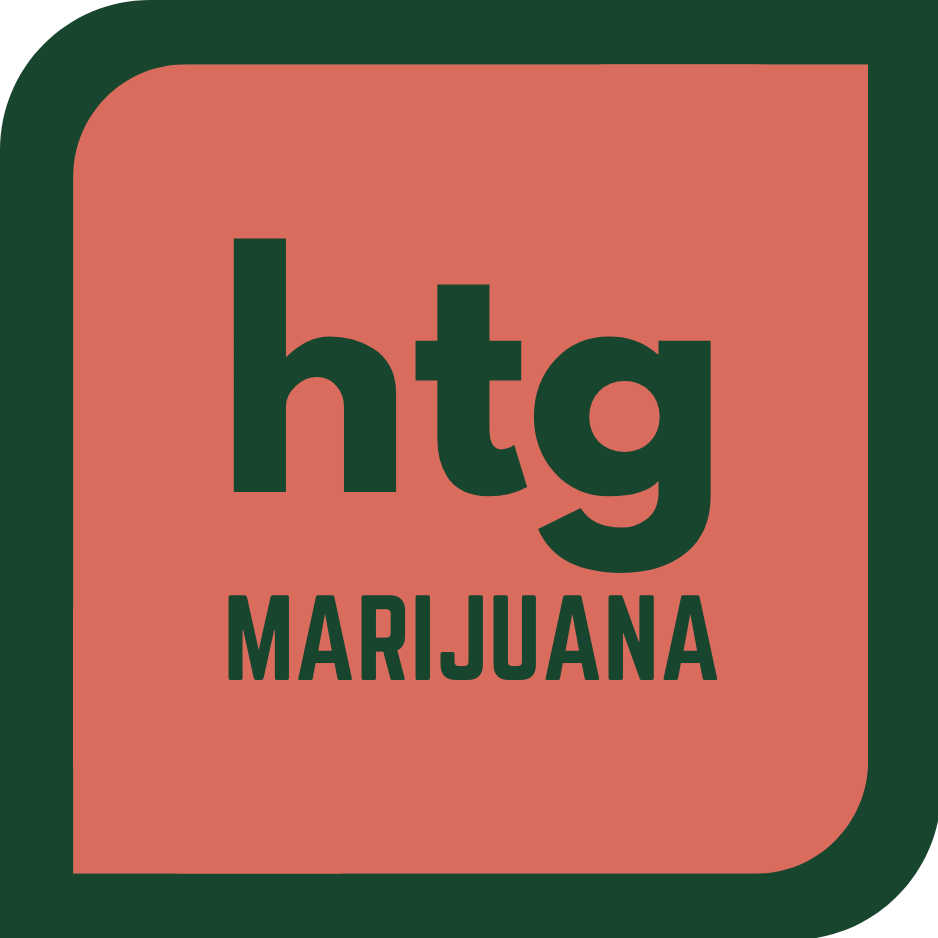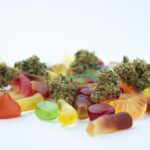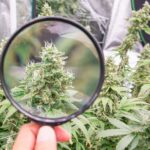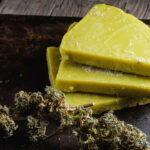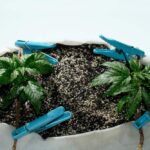The Best Fluffy Pancakes recipe you will fall in love with. Full of tips and tricks to help you make the best pancakes.
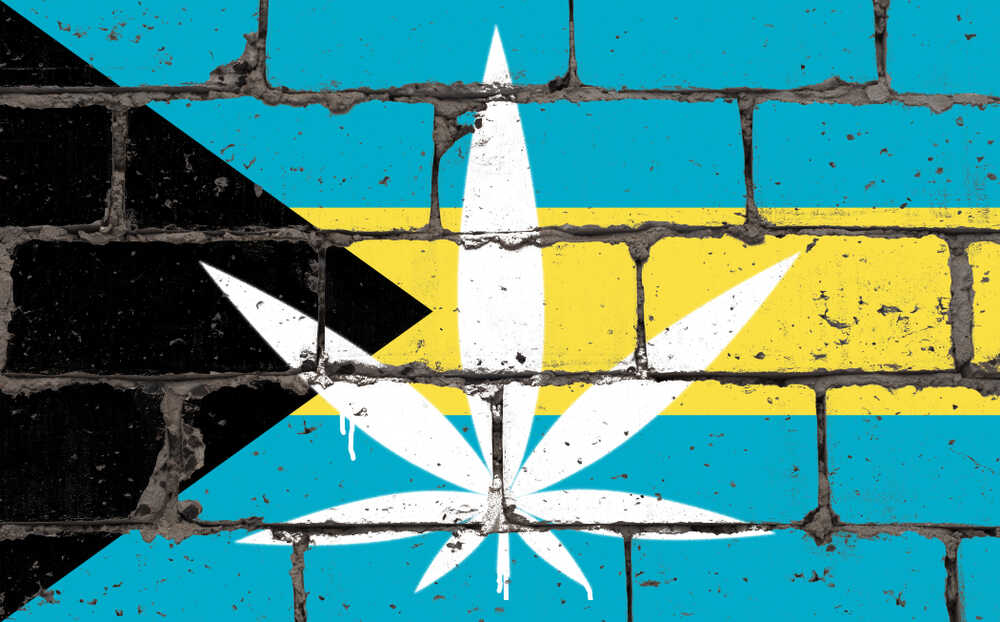
Is Weed Legal in the Bahamas?
If you’re planning a trip to the Bahamas or you’re already living there and wondering whether you can spark up a joint on the beach, the short answer is—no, not legally. Cannabis in the Bahamas has a long and complicated history shaped by colonial-era laws, conservative politics, and more recently, growing pressure to reform. As someone who’s been breeding and growing cannabis for years, I can tell you that the island’s climate is perfect for cultivating potent, resin-heavy buds—but the law is still catching up to the potential benefits. This guide will walk you through everything from the current legal status to penalties, emerging reforms, and what all of this means for locals and visitors.
Current Legal Status of Cannabis in The Bahamas
Prohibition of recreational use — possession, cultivation, and sale
Right now, recreational cannabis use in the Bahamas is prohibited. That means you can’t legally possess, grow, sell, or consume weed in any form, whether it’s flower, concentrates, edibles, or even CBD. The law treats cannabis as a controlled drug—no different than other narcotics in terms of penalties. So even if you’re only carrying a small amount for personal use, you’re technically breaking the law.
As a grower, I can see the irony—this country’s rich sunshine, humidity, and fertile soil could pump out some of the finest outdoor-grown strains you’ve ever smoked. But as it stands, your dream of growing a few Sour Diesel or Blue Dream plants in your backyard in Nassau isn’t something the law allows.
Legal framework established by the Dangerous Drugs Act (1929, amended 1962 & 2023)
The Dangerous Drugs Act is the main piece of legislation governing cannabis in the Bahamas. Originally passed in 1929 and updated several times—most notably in 1962—it’s a throwback to an era when cannabis was painted as a dangerous narcotic. The Act lays out the offenses, from possession to trafficking, and the penalties attached to each.
In 2023, amendments were made, partly in response to growing calls for reform. These changes opened the door for new discussions around medical and religious use, but recreational cannabis remains firmly on the illegal side. The amendments didn’t yet legalize weed for fun, but they hinted at a shift in thinking, especially with talk of licensing systems for certain uses.
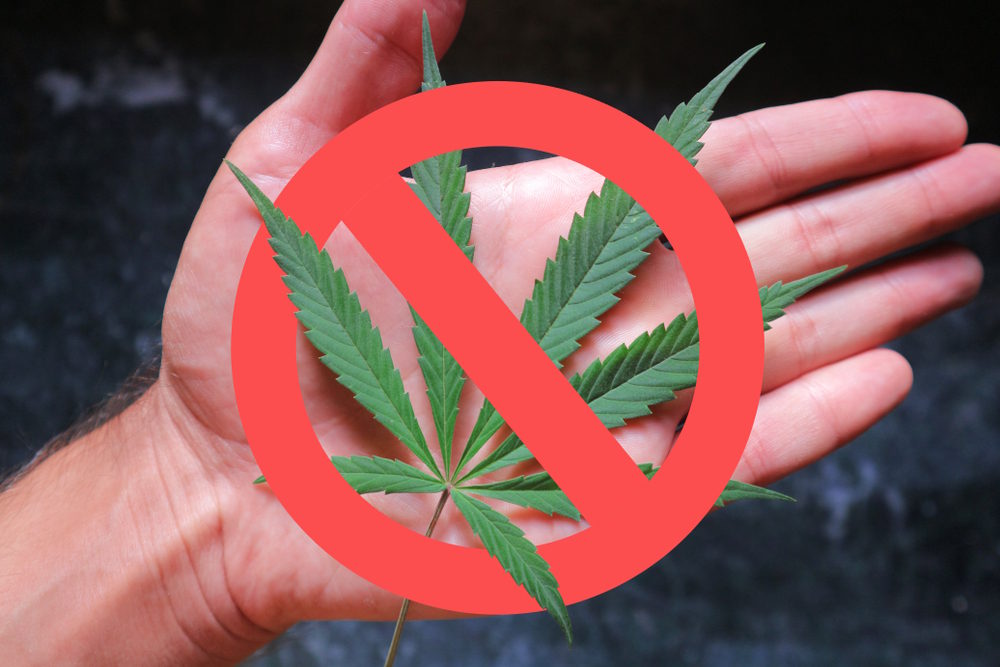
Penalties and Enforcement for Cannabis Offenses
Penalties for simple possession
If you’re caught with cannabis in the Bahamas, the penalties depend on how much you have and whether the court treats it as possession or possession with intent to supply. For small amounts, you could face:
- A fine up to US $125,000 and/or up to 10 years in prison if tried in the Supreme Court
- A fine up to US $50,000 and/or up to 5 years if it’s a summary conviction in a Magistrate’s Court
These numbers aren’t just for show—people do get arrested, charged, and fined. The courts have a reputation for being strict, even with first-time offenders.
Penalties for possession with intent to supply—including harsher penalties if involving minors
If law enforcement believes you intended to sell or distribute cannabis, the penalties jump dramatically. You could be looking at:
- Up to US $750,000 in fines
- Prison sentences up to 40 years
And if your case involves minors—say you’re accused of supplying to someone under 18—the penalties are even harsher. That’s because the law is designed to make examples out of suppliers, sending a clear message that cannabis dealing is not tolerated.
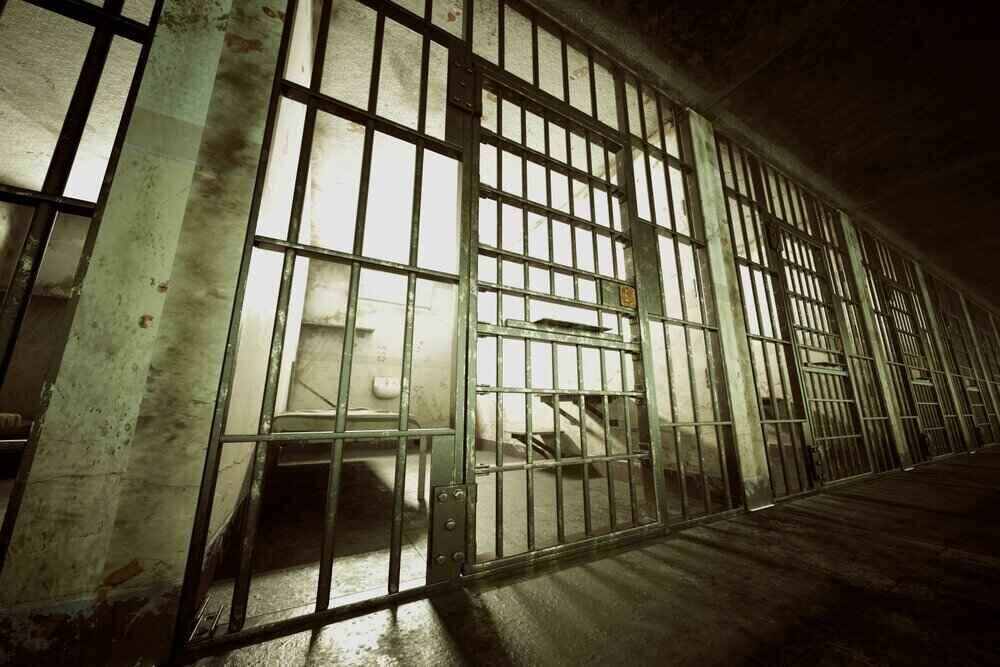
Enforcement nuances—property forfeiture and strict legal interpretation
One thing you might not realize is that the Dangerous Drugs Act also allows for property forfeiture. That means if you’re caught and convicted, the state can seize any property connected to the offense—cars, boats, even your house. The law also leaves very little room for leniency in interpretation; officers and courts tend to follow the letter of the law. So while some countries take a relaxed approach to small personal amounts, the Bahamas does not.
Emerging Legal Reforms—Medical and Religious Uses
Cannabis Bill 2023: Establishment of Cannabis Authority, licensing framework for medical, religious, research, cultivation, testing, manufacturing, etc.
The Cannabis Bill 2023 is a game-changer in terms of where the Bahamas could be heading. It proposes the creation of a Cannabis Authority—basically a government body that would oversee all legal cannabis activity in the country. This would include issuing licenses for:
- Medical cannabis cultivation and distribution
- Religious use (particularly for Rastafarians)
- Cannabis research and testing
- Manufacturing of cannabis products
As a breeder, I love the idea of a structured licensing system. It’s how you keep quality high, genetics stable, and supply chains transparent. But until the Bill is fully enacted and operational, it’s just a framework waiting for implementation.
Legislative goals: decriminalization of small amounts; medical access; religious (Rastafarian) use
The Bill aims to decriminalize small amounts of cannabis, meaning you wouldn’t face jail time for personal possession, but instead, you might get a ticket or a fine. It also seeks to establish a legal medical cannabis system so patients with certain conditions could get prescriptions for regulated products.
For the Rastafarian community, the Bill would be historic—it acknowledges their sacramental use of cannabis and aims to provide legal protections for it. This is a big cultural step forward and mirrors similar moves in other Caribbean nations like Jamaica.
Public Sentiment and Policy Drivers
Historic and current public support—2018 survey showing 71% support for medical cannabis; Prime Minister’s call to reform outdated laws
Public opinion has been shifting for years. A 2018 survey found that 71% of Bahamians supported legalizing medical cannabis, and a significant number favored decriminalizing small amounts for personal use. This support has only grown as more people see the economic and health benefits in other countries.
The Prime Minister has openly called the old laws “outdated,” which is a strong indicator that political will is building toward change. For growers and medical patients, this is encouraging—you’re seeing your leaders acknowledge that prohibition isn’t working in the modern world.
Influence of CARICOM, Bahamas National Commission, and international trends
The Bahamas isn’t making these decisions in isolation. CARICOM (the Caribbean Community) has been a major driver in pushing regional cannabis reform, conducting studies and making recommendations for member states to consider.
The Bahamas National Commission on Marijuana has also published reports supporting reform, and international trends—especially in North America—are hard to ignore. When you see countries like Canada and states like California building billion-dollar cannabis industries, the potential becomes obvious.
What This Means for Visitors and Locals
Risks for visitors—illegality of bringing cannabis (including CBD) into the Bahamas
If you’re a tourist thinking about packing a couple grams in your luggage—don’t. Bringing cannabis into the Bahamas, even CBD oil, is illegal. Customs officials are thorough, and getting caught could mean a criminal charge, a hefty fine, and being banned from returning.
No legal dispensaries yet; black-market availability remains risky
There are no legal cannabis dispensaries in the Bahamas yet. While you might be offered weed by street dealers or taxi drivers, buying from the black market comes with risks—product quality, legal trouble, and safety concerns. I’ve seen enough badly grown, pesticide-laden bud in black markets to tell you it’s not worth the gamble.
Growing likelihood of legal access in the near future—e.g., decriminalization of small amounts with fines not on record
While the law today is strict, the Cannabis Bill 2023 signals that change is coming. Decriminalization of small amounts could be the first step, making it less risky to possess a personal stash. And once medical cannabis programs roll out, you might see local cultivation licenses open up, leading to a legitimate, high-quality market.
Conclusion
So, is weed legal in the Bahamas? Not yet—not for recreational use. But the winds are changing. The current laws are strict, and penalties can be severe, especially for possession with intent to supply. However, the proposed Cannabis Bill 2023 offers hope for medical patients, the Rastafarian community, and eventually, perhaps even recreational consumers.
If you’re visiting, leave your stash at home and keep your eyes on the news for legal updates. If you’re a local, be aware of the risks but also the opportunities that may come with reform. The Bahamas has the climate, the culture, and the potential to produce world-class cannabis—once the law allows it. And when that day comes, I’ll be the first in line to share some homegrown wisdom on how to grow the island’s finest buds.
